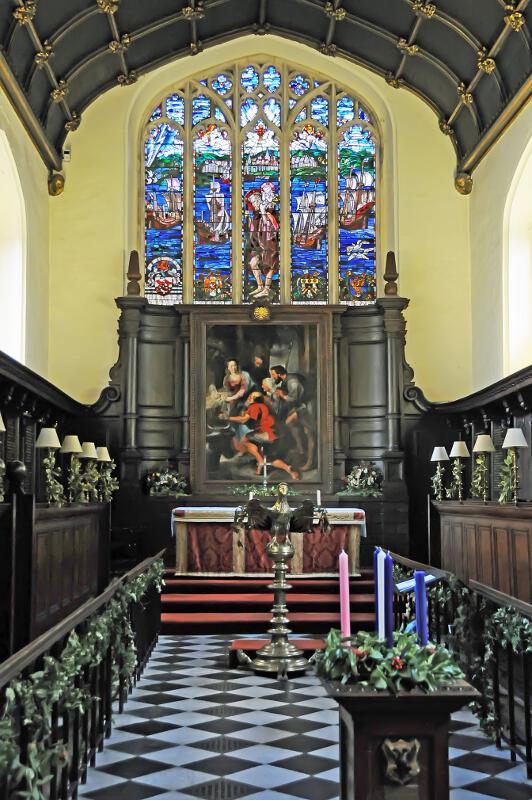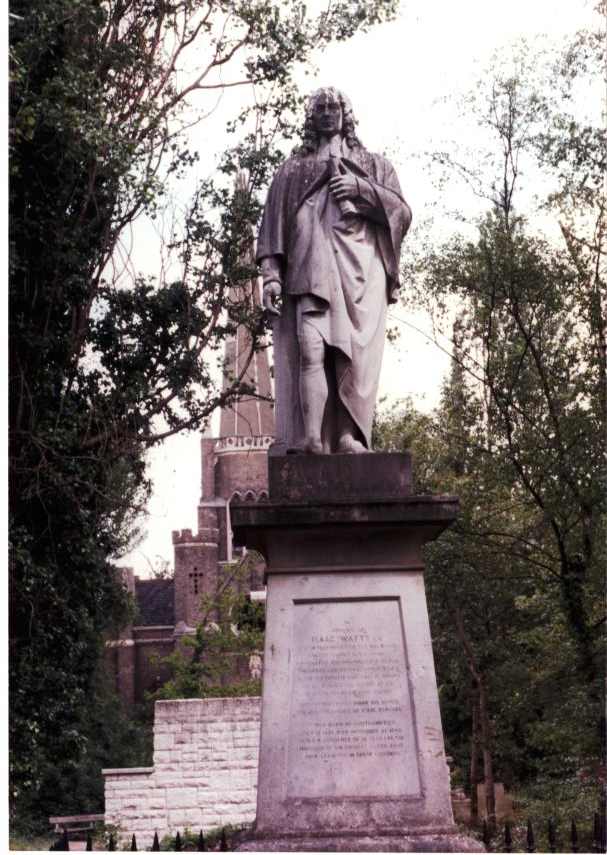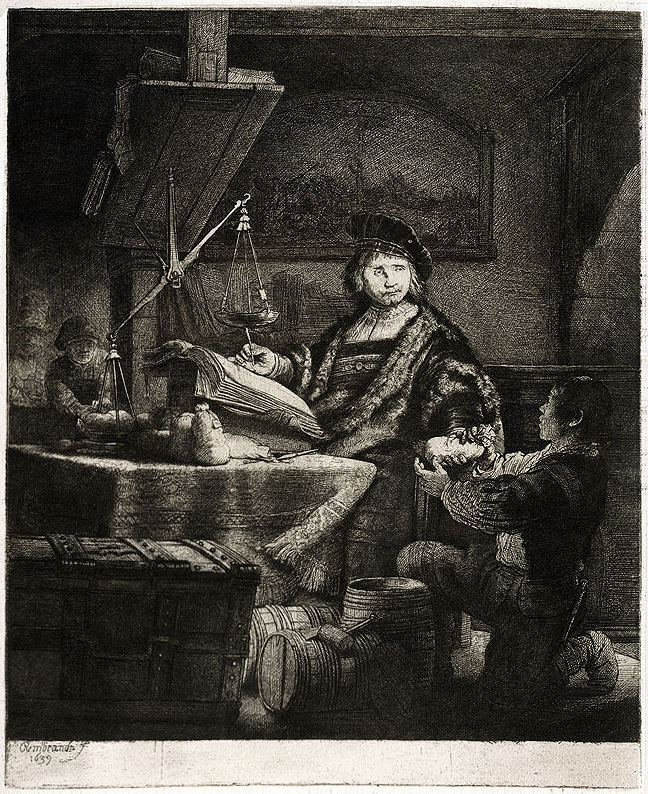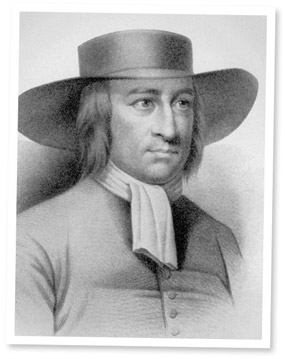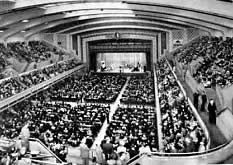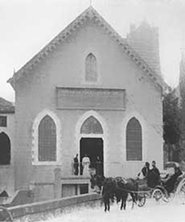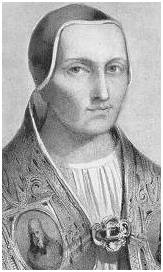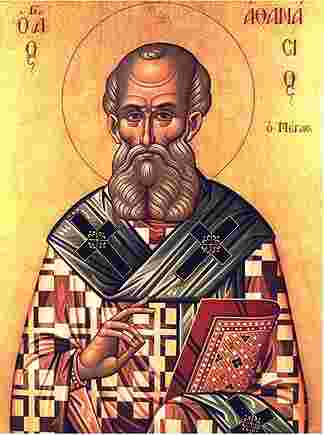The Church of England had a number of detractors in the early 1600s and the Puritans were leading the pack. One of the giants of Puritanism was the president of the Corpus Christi College at Oxford named John Rainolds (sometimes spelled as Reynolds). On January 16, 1604, he asked King James to put together a new Bible “that there might …
January 15, 1702 – Isaac Watts
When you are the author of “Joy to the World”, “When I Survey the Wondrous Cross”, “Marching to Zion” and “Alas! and Did My Saviour Bleed” you are in the Hymn Writer Hall of Fame. So Isaac Watts makes the cut with these hymns he wrote and an additional 514 to his credit. Because he and his father would not …
January 14, 1610 – Jan Uytenbogaert
Calvinism has found its detractors from the time John Calvin penned his great work Institutes of the Christian Religion in 1536. One detractor was Jacobus Arminius who was a leader in the Dutch Reformation and argued against Calvin’s ideas on subjects like predestination and grace. After his death, 44 pastors from Holland signed a list of issues they felt were …
January 13, 1691 – George Fox
George Fox University in Newburg, Oregon was named for the founder of the Society of Friends George Fox (Herbert Hoover was a graduate). The Society, better known as the Quakers, found their support in America during the days of the colonies with those who did not like the official religion of the colony they lived in such as Puritans or …
January 12, 1958 – The Old Fashion Revival Hour
The Old Fashion Revival Hour with Dr. Charles Fuller was one of the most successful Christian radio programs on the airways. It was a live broadcast that has recently been revived for the internet but for decades came from the Long Beach Memorial Auditorium in Long Beach, California (this is a picture of the packed-out house). The last time it …
January 11, 1857 – Eli Smith
Eli Smith wanted to understand the Arabic people so much that he lived on a farm in Beirut and immersed himself in Arabic culture. Why? So he could print the Bible in Arabic. A printer by trade and trained at Yale and Andover Seminary, he eventually took over the press operations in Malta and even invented a font called American …
January 10, 1645 – Archbishop William Laud
When William Laud became Archbishop of Canterbury (meaning he was the head of the Church of England) it should have been no surprise because he was an astute politician who was able to “climb the church ladder” very quickly. He preached and taught the idea that the King of England (then Charles I the son of King James) had the …
January 9, 710 – St. Adrian
Education is a broad enough term that we have to think of it as relative to the times when it’s discussed. In medieval England, education was offered to many in Canterbury because of the efforts of St. Adrian who died on January 9, 710. This is the same Canterbury as in the Archbishop of Canterbury and the Canterbury Tales and …
January 8, 1198 – Pope Innocent III
How cool do you have to be in order to be made into an action figure? Pope Innocent III made the cut. When he was elected Pope on January 8, 1198, Innocent III ushered in a renewed era of increased papal authority after one of the lowest occasions in the Church’s history called the Avignon papacy when 3 different men …
January 7, 367 – Athanasius
Athanasius was the bishop of Alexandria who led the fight against his fellow African Arius in what would culminate in the Council of Nicea in AD 325. After Athanasius’ successful efforts against Arius, he became the first to use the term “canon of Scripture” when he divided the books of the Bible into 3 parts: Holy Scripture, the Apocrypha, and …
